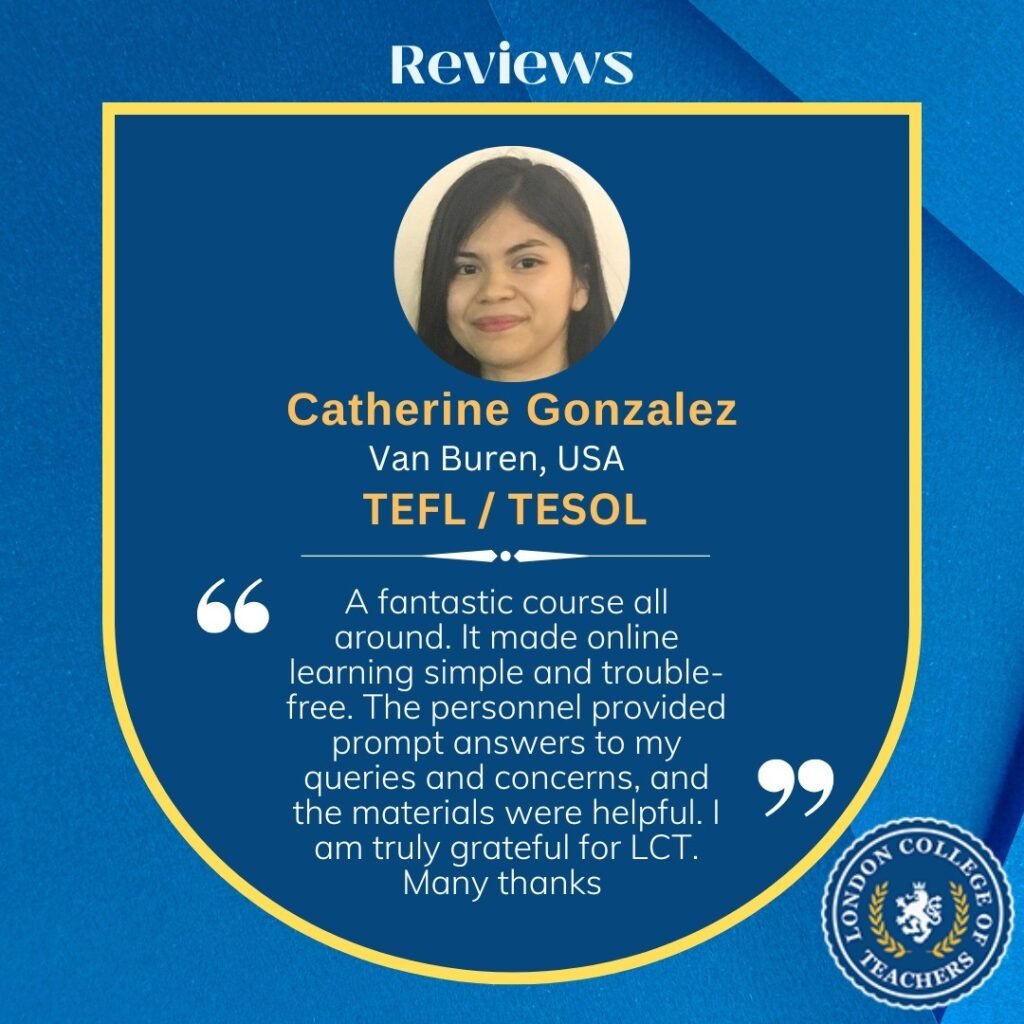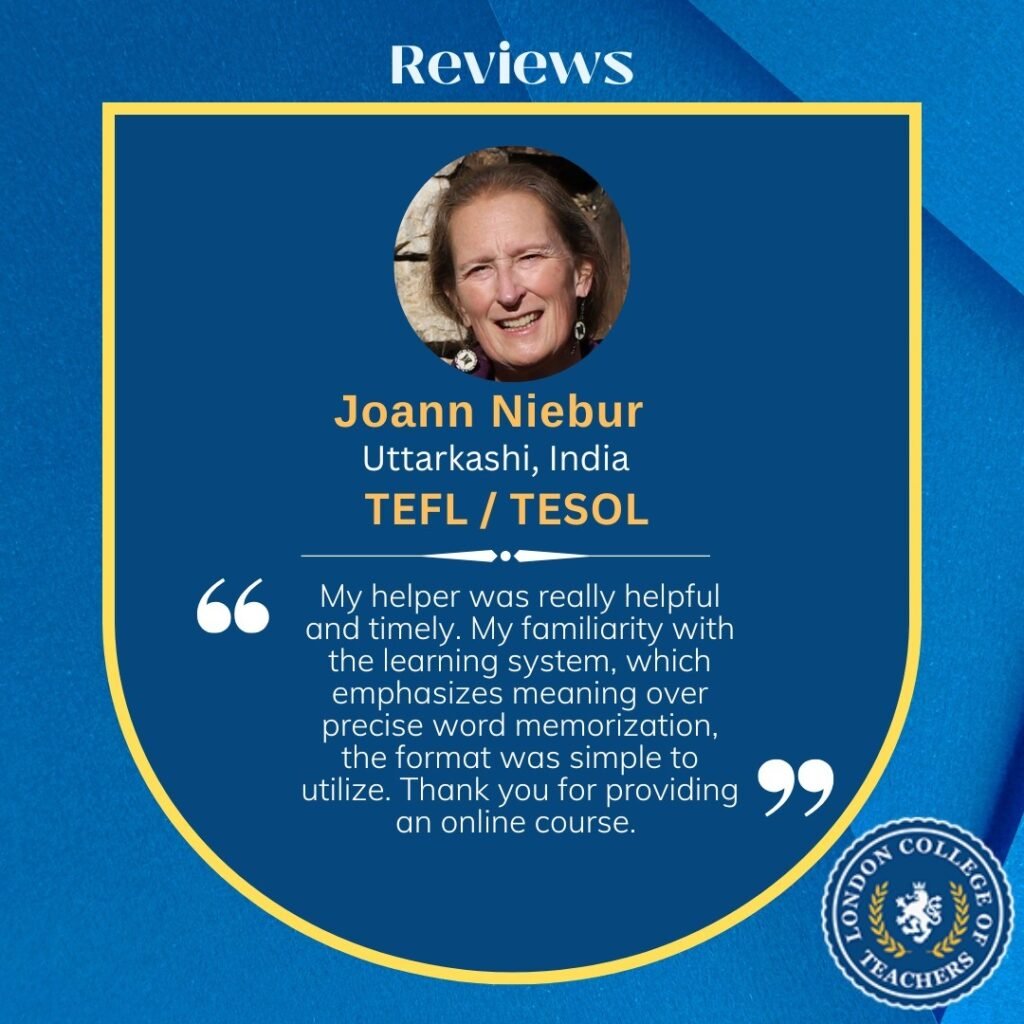Online TEFL Salaries: Earning Potential in 21st Century and Beyond
In today’s interconnected digital world, the ability to communicate effectively in English has become a valuable global skill. This has created a massive demand for qualified English teachers—especially in online spaces. The rise of TEFL Course Online (Teaching English as a Foreign Language) has empowered individuals to earn income, build flexible careers, and connect with learners from every corner of the world.
In this guide, we will explore what TEFL is, its origins, why it matters today, career possibilities, salary expectations, and the future earning potential of online TEFL teachers.
What Is TEFL and Who Started It?
The Concept of TEFL
The concept began in the 1960s and 1970s when global mobility and international communication increased, creating the need for structured English-language education.Initially, TEFL programs were classroom-based, focusing on linguistics and grammar. With the growth of the internet and video technology, TEFL Certification Online emerged, making it easier for teachers to learn methodologies and reach students virtually.

Why TEFL Matters in the 21st Century
The 21st century has transformed the education landscape. Technology has blurred geographical boundaries, and English has solidified its position as the global language of communication, trade, and education.
Here’s why TEFL remains vital today:
- Global Connectivity: English is the bridge language in international business, technology, and media.
- Career Mobility: With a TEFL certification, teachers can work online or travel to countries like Japan, South Korea, Thailand, and Spain.
- Online Flexibility: A TEFL Course Online allows educators to teach from anywhere, creating a lifestyle of freedom and independence.
- Skill Relevance: The demand for English teachers is predicted to grow further as global digital literacy expands.

Career Opportunities After TEFL Certification Online
Once you complete your TEFL certification online, you can pursue diverse teaching roles, each offering unique benefits and income potential.
-
Online English Tutor
Teach students individually or in small groups through platforms like Pre-ply, Cambly, or iTalki. Average pay ranges from $10 to $25 per hour, depending on experience.
-
English Language Instructor for Companies
Many global firms hire TEFL-certified teachers to train employees in business English, often paying premium rates.
-
Exam Preparation Coach
Specialize in IELTS, TOEFL, or Cambridge exams. Teachers in this niche often earn higher hourly rates because of demand and specialization.
-
English for Specific Purposes (ESP) Specialist
Teach professionals in medicine, law, or hospitality. With experience, rates can exceed $35–$50 per hour.
-
TEFL Content Creator or Curriculum Developer
Combine teaching with content creation, developing digital lesson materials or YouTube tutorials that generate passive income.

Understanding the Earning Potential in Online TEFL
The earning capacity in TEFL depends on your experience, teaching platform, and student base. Let’s break it down:
| Level | Type of Work | Average Salary (Per Hour) |
| Beginner | Platform-based teaching | $10–$20 |
| Intermediate | Independent tutoring | $20–$30 |
| Expert/Niche (Business English, IELTS) | Specialized teaching | $30–$50+ |

Factors Affecting Your Earnings
- Certification Level: Employers prefer teachers with a 120-hour accredited TEFL certification.
- Experience & Reviews: More experience leads to better rates.
- Niche Expertise: Specializing in business or test-prep English increases income.
- Flexibility & Time Zone: Teaching in-demand hours (Asia’s evening peak) boosts class bookings.
A TEFL Online not only provides theoretical knowledge but also equips teachers to market themselves effectively, create engaging online lessons, and increase long-term earning potential.

FAQ: Everything You Need to Know About TEFL Online
Q1. Do I need a degree to teach English online?
A: No. While having a degree can be beneficial, many online teaching platforms accept educators with only a TEFL certification. Your teaching skills, fluency, and ability to engage students matter most.
Q2. What’s the standard length of a TEFL course?
A: Most reputable TEFL programs offer a 120-hour online course, which is the global standard for professional recognition. Completing this ensures you meet the minimum qualifications accepted worldwide.
Q3. Can I teach English from India or any non-native country?
A: Absolutely! Many successful online English teachers are based in India, the Philippines, Africa, and other non-native English-speaking countries. What truly matters is fluency, professionalism, and certification — not your location.
Q4. How soon can I start teaching after certification?
A: Once you complete your TEFL course and receive your certificate, you can start applying immediately to online teaching platforms. Some teachers begin teaching within a few weeks of certification.
Q5. What technical setup do I need?
A: To teach effectively online, you’ll need:
-
A stable internet connection
-
A good-quality webcam
-
A noise-cancelling headset
-
A quiet, well-lit workspace
These tools ensure clear communication and a professional teaching environment.

The Future of TEFL: 21st-Century Trends
As AI, e-learning, and global connectivity evolve, the future of TEFL online is expanding. Teachers who integrate technology—like interactive platforms, gamified learning, and AI-based feedback—will remain in high demand.
Hybrid teaching models that combine video lessons, self-study apps, and live sessions are emerging as the next wave of online education. This means the future is bright for anyone pursuing TEFL certification online in 2025 and beyond

Step into a World of Global Teaching Opportunities
The opportunity to inspire and connect learners worldwide awaits those who take the first step toward TEFL certification. By enrolling in a TEFL Course Online, you can gain the credentials, skills, and confidence needed to teach English professionally across borders.
Your success story in TEFL online teaching is waiting to be written — it simply needs to be started today.


